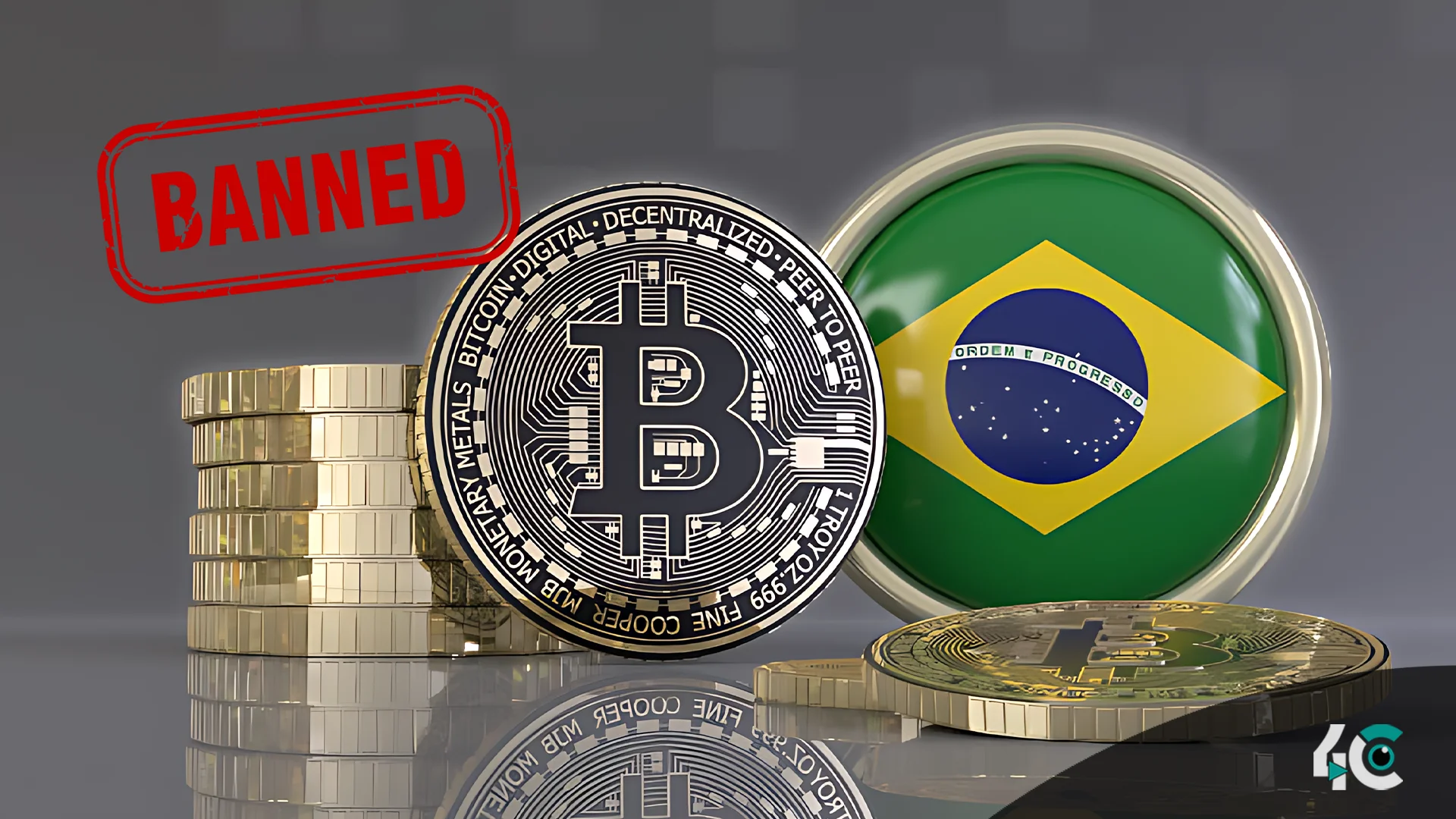The Central Bank of Brazil (BCB) has recommended a prohibition on stablecoin transactions using self-custodial wallets like MetaMask and Trezor. Announced on November 29, the regulation seeks to prohibit stablecoin activity beyond authorized channels. However, many in the cryptocurrency business fear that rather than achieving the desired regulatory control, this step will lead to further decentralization.
Stablecoins such as Tether (USDT) have grown in favor among Brazilians seeking to hedge against the depreciation of their native currency, the Brazilian real. As public comments on the idea are due to end in February of next year, the crypto community is assessing its possible impact.
According to Carol Souza, co-founder of Area Bitcoin, the central bank’s objective is to prohibit stablecoin transactions outside of regulated trading platforms, maybe expanding to peer-to-peer (P2P) exchanges in the future. Souza thinks that the laws will go into force by 2025, pushed by efforts to sustain demand for the national currency.
However, enforcing such a prohibition poses complications. P2P transactions and decentralized platforms operate outside the jurisdiction of centralized authorities. Souza and other experts believe these options will remain accessible, allowing people to transact freely.
Lucien Bourdon, a Bitcoin expert at Trezor, stated that while governments may regulate centralized exchanges, decentralized platforms are more difficult to monitor. Even if the government imposes the ban, it will only impact a portion of the environment, according to him. Bourdon predicts that users will adapt, shifting to decentralized platforms or peer-to-peer solutions, which could keep the cryptocurrency market growing despite potential barriers for new adopters.
This scenario is consistent with developments in nations like China and Nigeria, where similar restrictions have been implemented. In China, for example, limitations on centralized exchanges drove consumers to decentralized platforms like Uniswap. The cryptocurrency community’s adaptation demonstrates the endurance of decentralized systems in the face of regulatory efforts.
As new technologies like Bitcoin’s Taproot Assets and other layer-2 applications emerge, decentralized platforms will likely continue empowering users, making regulatory enforcement increasingly difficult.
Brazil’s proposed ban may aim to exert greater control over the crypto market, but its potential to accelerate decentralization demonstrates the enduring demand for financial independence and the innovation that drives the cryptocurrency space.



























